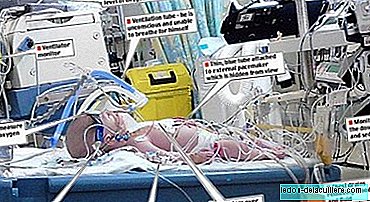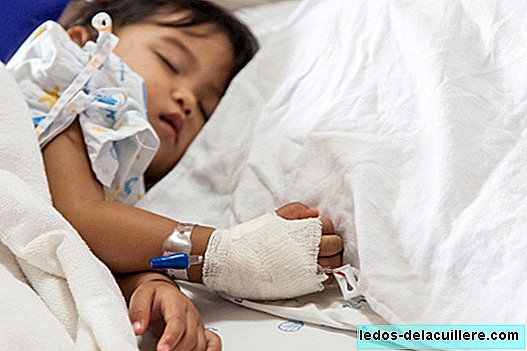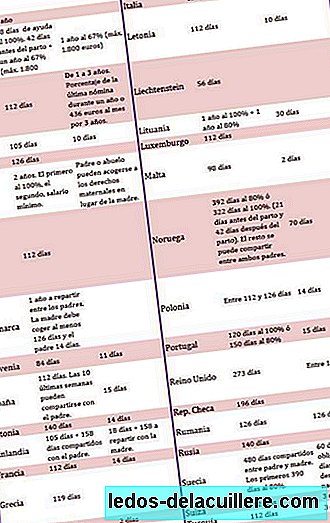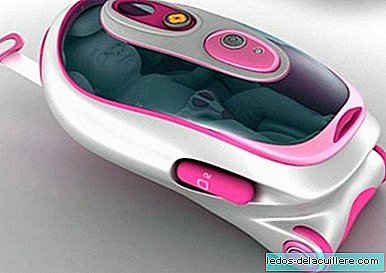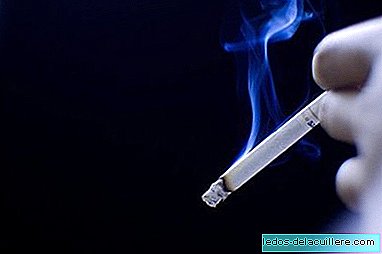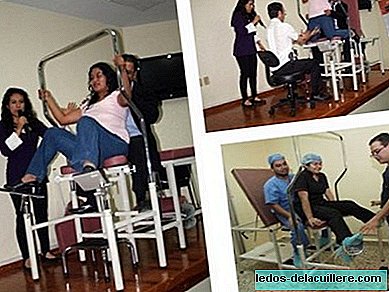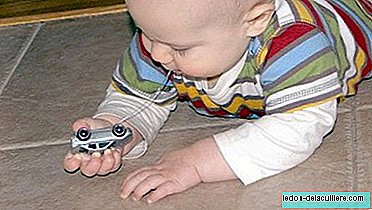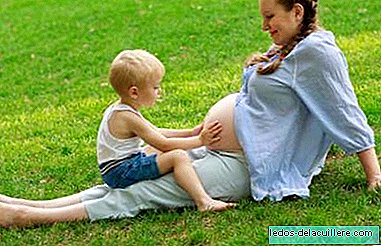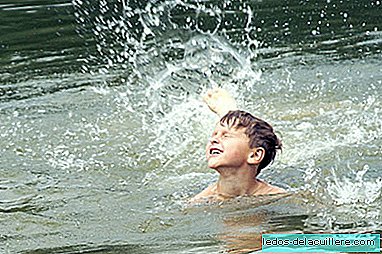
Which of these statements do you stay with ?: 'Children, you can't take a bath until you do the digestion', or 'if you go into the pool just after having a snack, nothing can happen to you'.
You could say that none of them responds to a correct explanation of the hydrocution (misnamed 'digestion cut').
Because when someone suffers a hydrocution, what is happening to him is that the temperatures of his body and the water 'have collided', causing processes that begin with the abrupt modification after changing the rest for an activity not moderate (jumping into the pool or swim)Popular culture has perpetuated the legend of two hours of waiting before bathing, however, the risk is very small if after a light meal the children gradually enter a water that is not too cold. More dangerous would be to be very hot (with or without food in between), and without allowing time for the body to stabilize, to swim in a lake of icy water.
If it has been called a digestion cut, it is because during it (digestion), the concentration of blood in the digestive system rises, and consequently the rest of the body receives less. It is said that if during the digestion there is an emotional shock, it can be interrupted (to resume later not without any discomfort); and it is here that many confuse such a start, with a dip.
Because teaching kids to be prudent is one thing, and confuse them another. In other words: it is true that after a very copious meal it will be better to rest (the body warns us causing drowsiness), but under normal circumstances, digestion does not have to do with bathing, unless we forget to adjust the body temperature (getting into little by little, and strategically wetting some parts, starting with the head).
From the University Hospital Nuestra Señora de la Candelaria (Canary Islands) remind us that 'it can happen to anyone, regardless of age'; however, special attention should be given to children since in summer they are the ones who enjoy the most outdoors outdoors, exposing themselves in many cases to long hours of sun and playing in the water of beaches or swimming pools, without being aware of the risks they face.
Do you know how to recognize a hydrocution?
Hydrocution causes a sudden decrease in heart rate due to the reflection of immersion in water that, together with the digestion process also prevents sufficient blood flow to the brain, leading, at best, to paleness, dizziness and vomiting and, at worst, a loss of consciousness or syncope, with the consequent danger that if the person is in the water and is not accompanied, he could suffer a drowning.
Although the chances of a person suffering from severe arrhythmia or sudden cardiac arrest are low, they are always present and will depend on factors associated with the person (age, body temperature, amount of food ingested ...) as well as environmental factors (temperature of the Water).
Objective: avoid the risk of hydrocution
Health professionals they recommend slowly getting into the water, never diving sharply! - especially if intense physical exercise has been performed -, it has remained in the sun for a long time and / or the water is cold, so that the body acclimatizes to the new temperature.
What happens when digestion is performed is that the vessels of the digestive system dilate to favor this process and as a consequence, other areas of the body, such as the brain, receive a smaller amount of blood. It is no coincidence that after abundant intake of sleepiness or difficulty concentrating, acting through intermediaries in the brain inhibiting alertness, because the digestive system has preference at these times

Dr. Pedro Laynez, from the Internal Medicine department of the Hospital mentioned, does underline 'wait' after eating food. But other professionals such as Dominguez Muñoz of the Spanish Foundation of the digestive system, reiterated last year that the picture has more to do with the change in temperature than with food; and despite this, he recommends caution because it is more likely that after eating the so-called 'digestion cut' may occur, precisely because the accumulation of blood in the digestive system causes a cardiovascular reaction that leads to dizziness or loss of consciousness.
Before a hydrocution: act!
The affected person must be taken out of the water (provided there is no danger to us). If mild symptoms occur and there is no loss of consciousness, digestive rest will be respected. If a serious condition occurs, with nausea and vomiting, It is best to go to a health center or hospital emergency department. And if unconscious, try resuscitation maneuvers, while asking for help, in this case you should never leave the affected person alone.
In the relationship that involves dives and children we must be very careful, here we always talk about drowning, but it is also necessary to take into account other risks, such as this of hydrocution. And if we have to rely on specialists, We must also do it in our common sense (never to be missed!).
Images | David Joyce, vastateparksstaff On Peques and More | Interview with Alberto García Sanz, director of the Spanish School of Rescue and Lifeguard (and II): surveillance and protection of children, action in case of accident


